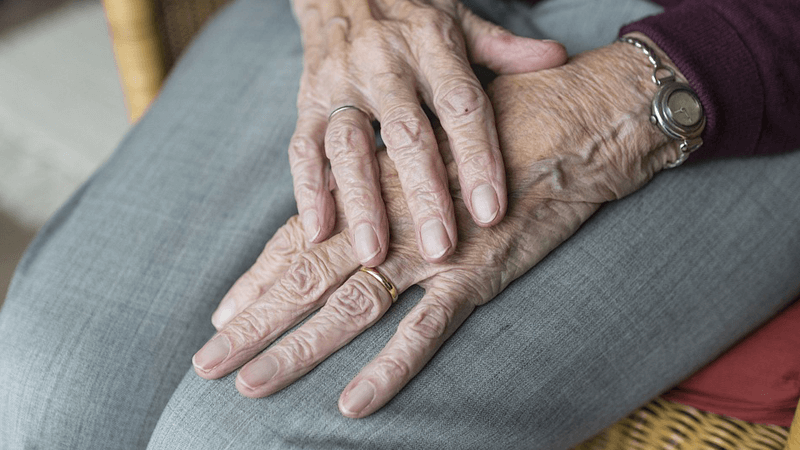‘Do Not Resuscitate’ (DNR) orders wrongly applied during the coronavirus pandemic may have caused “avoidable death”, England’s Care Quality Commission (CQC) has found.
The CQC’s interim report on COVID-19 related DNRs has also called on care homes to investigate how many “inappropriate” orders remain on resident records without consent.
A final, detailed report has been promised by the CQC in February 2021.
Discriminatory
According to the CQC review, there had been a “blanket and inappropriate” use of the orders during the pandemic which they said could have resulted in “potentially avoidable death”.
A number of care providers interviewed by the CQC said they had experienced “pressure” to put orders in place without consulting the individuals concerned.
Several organisations also reported blanket decisions being made by GPs and hospital staff without sufficient discussion with patients, residents, families or care home staff.
The parliamentary Joint Committee on Human Rights told the CQC of “deeply troubling evidence” that DNR notices had been used in a “discriminatory” manner against people with “a learning disability” or “on the grounds of age alone”.
‘Unlawful’
Last month, concerned MPs called on the Health Secretary to investigate how many unlawful orders still existed on care home residents’ files.
In a letter to Matt Hancock, the cross party group of MPs warned of “unlawful and unethical” practices that were persisting in some areas.
The MPs referred to the example of Everley Residential Home in the West Midlands, where DNRs had been imposed on every resident and were still found to be in place three months after warnings had been given against the practice.
According to The Daily Telegraph, the care home was placed under “special measures” in August after inspectors found it “failed to recognise people’s right to life”.
Frail
The plight of one lady, 93-year-old great-grandmother Mrs Lucy Jeal, was recently highlighted after her health and future care was reviewed by a ‘frailty expert’ without her knowledge.
Despite her ‘frailty score’ revealing that she was “managing well” and that her medical problems were “well controlled”, she was told by letter: “Should her heart stop beating naturally, CPR (cardiopulmonary resuscitation) will not be initiated because this would not be in her best interest”.
The letter had been signed by a frailty nurse practitioner and an elderly care consultant at nearby Guy’s and St Thomas’ hospital.
When she received her assessment, Mrs Jeal – who lives independently – told the Daily Mail: “I felt like putting on my coat that minute and throwing myself over Lambeth Bridge into the Thames.” The DNR order remains on her NHS records.
National scheme
NHS England has run “routine frailty identification for patients who are 65 and over” since 2017/18.
The NHS ‘Frailty Toolkit’, aims to help those working “with people with frailty” to engage “effectively with patients and carers to discuss end of life care”.
DNRs are also referred to as DNARs (Do Not Attempt Resuscitation) and DNCPRs (Do Not Attempt Cardiopulmonary Resuscitation).
Call for review into number of DNARs in Scotland as patients ‘not informed’
NHS asked some care homes to place DNR orders on all patients during pandemic



